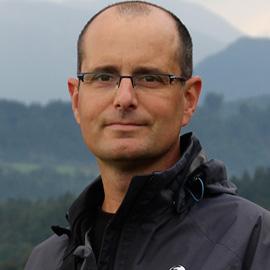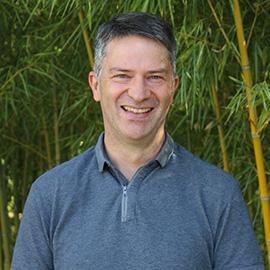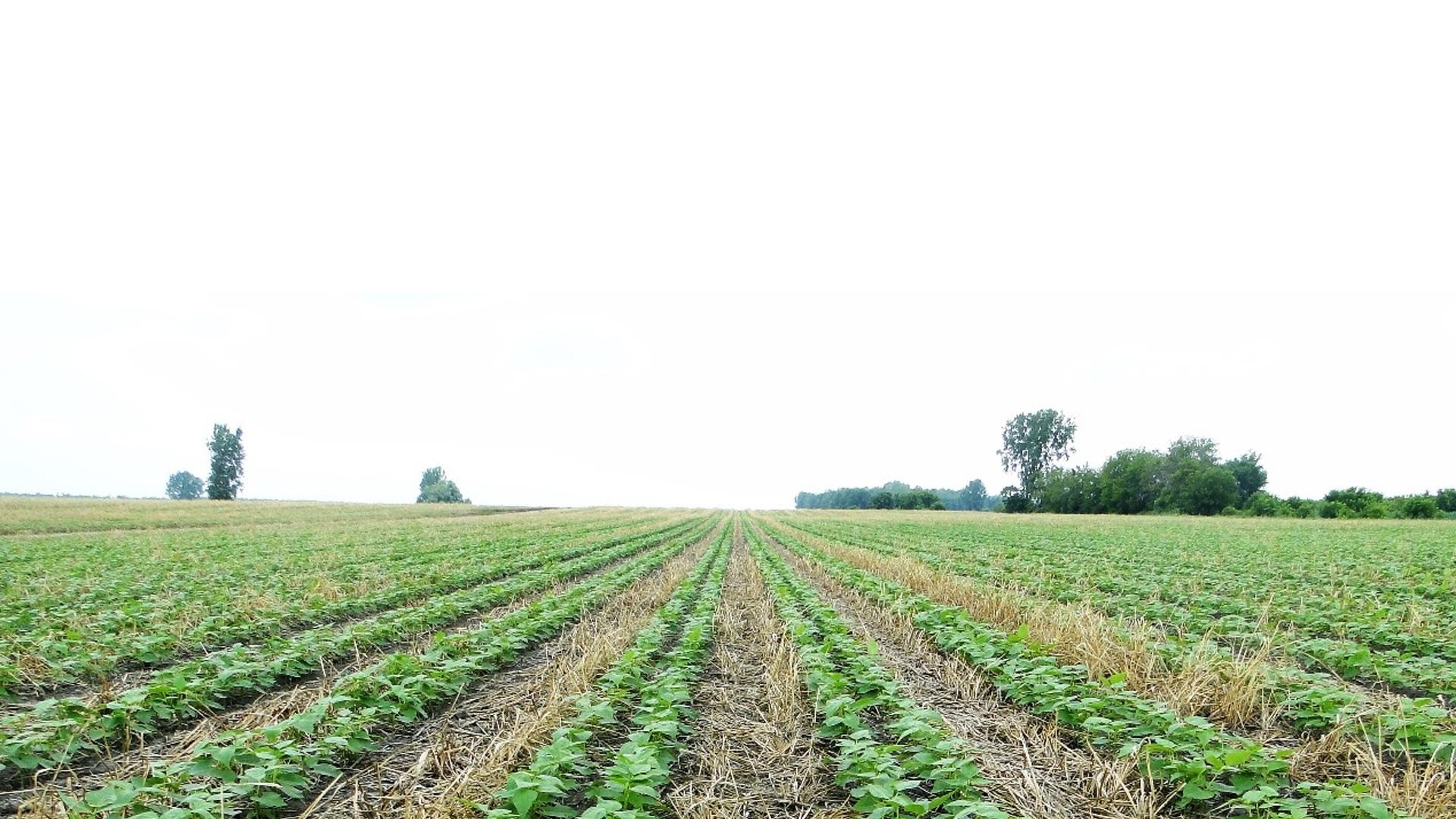Objectives
The general objective of the course is to analyze the evolution of practices and systems, as well as the innovation and transition processes towards agroecology. The course will present the levers (public and research policies, devices to co-design technical systems, support systems and socio-technical networks ...) to guide the agroecological transition and address issues such as adaptation to climate change, reduction of inputs, development of sustainable food systems.
The concepts, approaches and instruments of the agroecological transition are presented in order to strengthen the students' ability to drive change and to assess the corresponding impacts at the economic, social, agricultural and ecological levels. Most of the course consists in a project where the students will work in groups to address the various aspects of the design of a “real” sustainable agroecosystem complying with the principles of agroecology.
- Reference of the course: Agroecology UE3. Level: 400
- Admission
- Europe - 3d year of Bachelor’s degree/ 1st year of Master’s degree
- USA - Bachelor Junior students/ Bachelor senior students - Teaching language: English (min B1 level)
- Organization and credits: The course is a full time 4-week-long course. Successful completion of this course brings 7 ECTS credits
- Requirements/ Prerequisites: sequences 1 to 4 of the MOOC Agroecology and/or course “What is agroecology?” and “Fundamentals of agroecology”
- Grades: The final mark will be a weighted average between an individual exam and a group project.
-
Course content
The teaching will address the following topics: Innovation and agro-ecological transition, Greening of public policy, Technical, organizational and economic lock-ins and levers for agroecology, Evaluation methods and (co) design of agro-ecological systems, Ecological Engineering.
Small groups of students will have to work on a project in relation with external partners (community, association, cooperative etc.) to conceive and evaluate ex-ante the agroecological transition within a farm or small territory.
The course will combine lectures-seminars, tutorials, and project-based learning through the analysis of a real-world case study. Students are required to: (1) attend all classes, tutorials and discussion, (2) develop self-learning, (3) work in groups on a project, and (4) take a final examination.
Disciplinary Content Nb of hours Economics, Sociology 20% Agronomy, Zootechnics, Soil Sciences, Ecology 30% Project 50% -
Books and other reading materials
No books have been ordered for this course. All required readings are available as downloads from the Montpellier SupAgro teaching platform. There is no formal reading packet for this course.
-
Partnership
Research Units: Innovation, Cefe, Eco&Sols, System, Selmet, Agap, HortSys & Aida
Montpellier Méditerranée Métropole, Ville de Montpellier (zoo)
Contacts
-

Ronan LE VELLY
Lecturer
- Department of Economics, Management and Social Sciences (SESG)
Email : Ronan.Le-Velly@supagro.fr
Phone : +33 (0)4 99 61 31 92
Phone : +33 (0)4 99 61 31 92
2nd phone : +33 (0)4 99 61 27 40
2nd phone : +33 (0)4 99 61 27 40
Fax : +33 (0)4 67 54 58 43
Website :
Profil ResearchGate -
Director of Department of Environment, Production, Resources and Systems

Stéphane De TOURDONNET
Director of Department of Environment, Production, Resources and Systems
- Department of Environment, Production, Resources and Systems
- UMR Innovation and Development in Agriculture and the Agri-Food Sector (INNOVATION)
- Institut des régions chaudes (IRC)
Email : Stephane.De-Tourdonnet@supagro.fr
Phone : +33 (0)4 67 87 40 96
Phone : +33 (0)4 67 87 40 96
2nd phone : +33 (0)4 67 61 70 67
2nd phone : +33 (0)4 67 61 70 67
L'Institut Agro Montpellier
2 place Pierre Viala
34060 Montpellier - France
Tél. : +33 (0)4 99 61 22 00 Tél. : +33 (0)4 99 61 22 00
Fax : +33 (0)4 99 61 29 00
contact@supagro.fr















